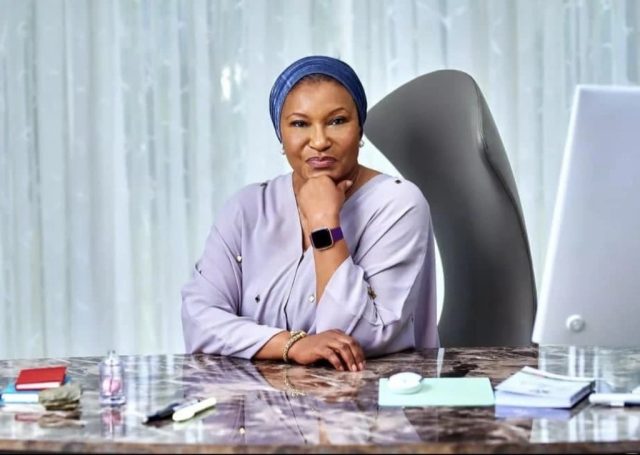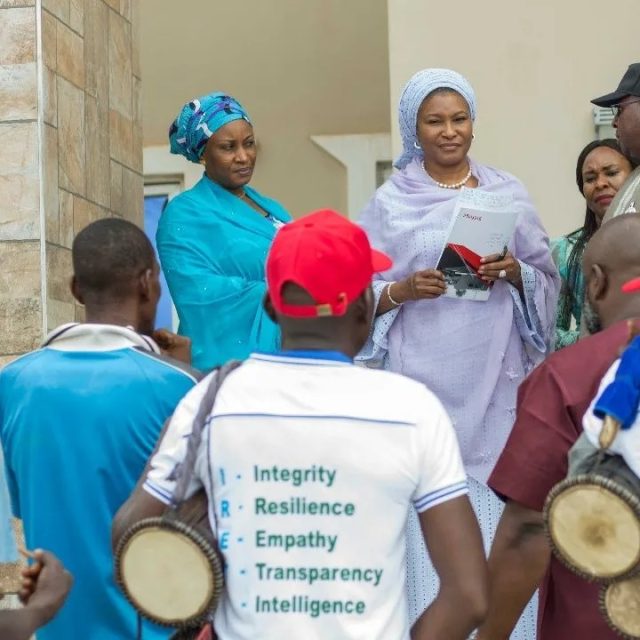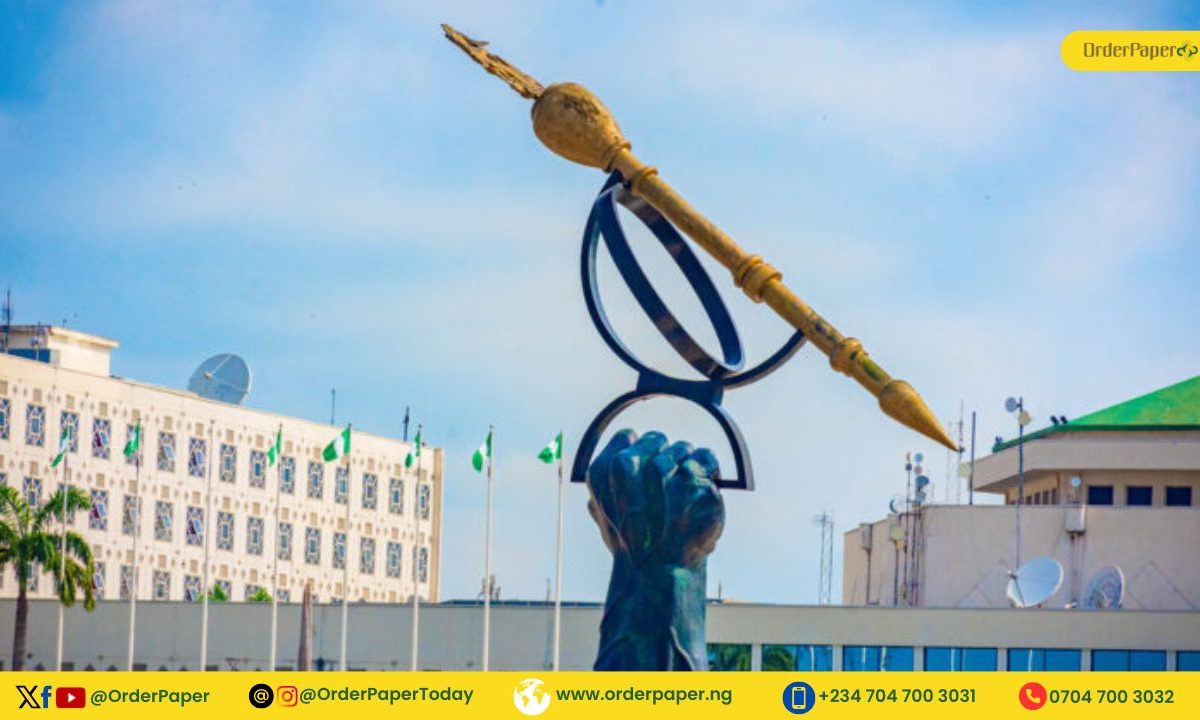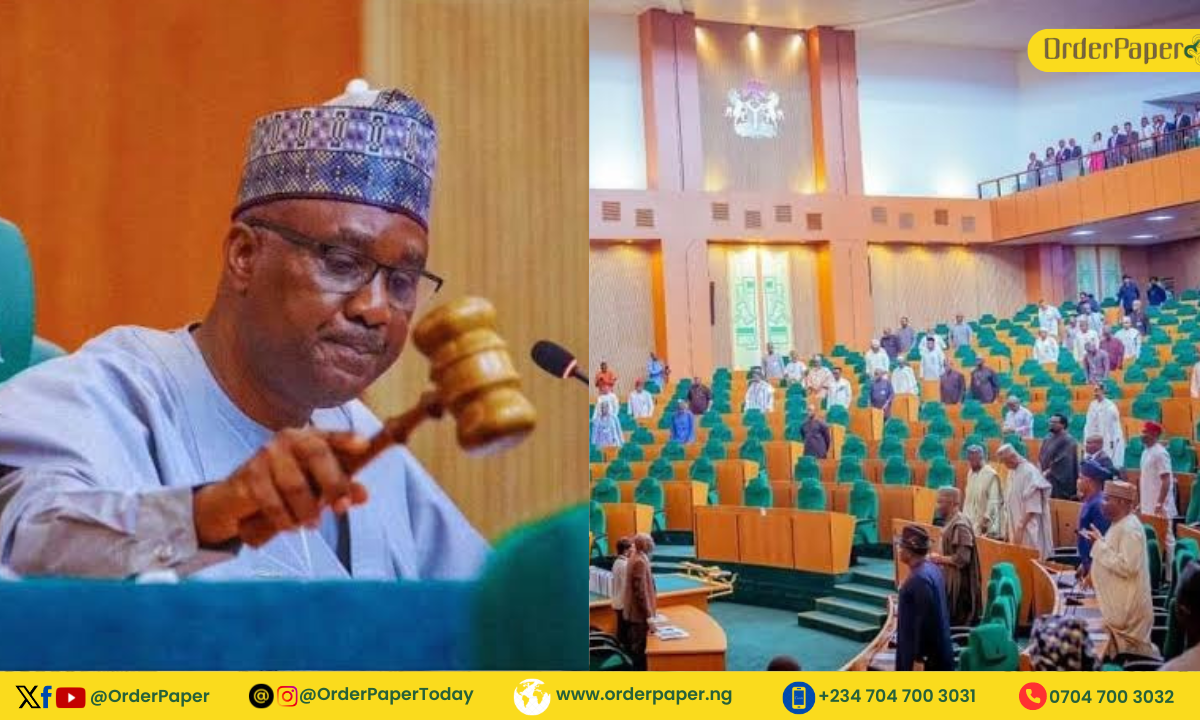Senator-elect Kingibe holds exclusive chat with OrderPaper Nigeria, assures residents of the Federal Capital Territory (FCT) of her readiness for quality representation through accessibility, SDG-centered projects, mass housing, agro-processing businesses, etc
READ ALSO: PROFILES: Meet the 7 ‘Obidient’ Senators-Elect in the Tenth National Assembly
“So there are a lot of things, and these things will take four years, if not more. But from the first year, you will start seeing and feeling the effects.”

Born on 2nd June 1954, Ireti Heebah Kingibe is a civil engineer and politician. The Senator-Elect is the younger sister of Ajoke Mohammed, wife of former Nigerian Head of State, General Murtala Ramat Mohammed.
The second female to win a Senatorial election in the Federal Capital Territory (FCT), Kingibe began her career in politics in the 1990s as an advisor to the National Chairman of the now-defunct Social Democratic Party (SDP).
Years later, she ran for the FCT Senatorial seat under the platform of the (now defunct) All Nigeria People’s Party (ANPP). Having lost out at the polls in 2003, she further made unsuccessful attempts in 2006 under the platform of the People’s Democratic Party (PDP) and the All Progressive Congress (APC) in 2015 when she withdrew.
Married to a one-time Secretary to the Government of the Federation, Ambassador Babagana Kingibe, the 69-year-old joined Labour Party (LP) in 2022 and became their FCT Senatorial candidate for the 2023 Nigerian elections. She eventually defeated the incumbent, Phillip Aduda of the Peoples Democratic Party (PDP), who has been in the Red Chamber for at least 12 years, on February 25 2023.
Following her emergence as one of three female Senators-Elect in the incoming Tenth National Assembly, we had a short chat with Ms Kingibe. The civil engineer-turned-politician highlighted some unique ways she intends to achieve her legislative agenda in a male-dominated Senate.
READ ALSO: IWD: Meet the three female Senators-Elect in the 10th National Assembly
Read the full interview below:
Q1: What’s your legislative agenda in the 10th Senate?
My agenda is to go back to the blackboard, strategise better and find effective means of achieving my campaign promises through sustainable development programmes,
Also, I will work and ensure that FCT gets proper and better agriculture and agro-processing businesses, mass housing etc, and that the things I am set out to do are already in the public space, and how to achieve them is what I will find out when inaugurated.
Q2: What’s your target for the first two years?
I have some projects that are centered around Sustainable Development Goals (SDGs), and I think that when I implement these goals in the first two years, you will see a marked difference in FCT.
There are seventeen tracks, and in a short while, they will be unveiled to the public, and you can see them. However, if you want a preview of them, you can go to my website you will see them.
READ ALSO: Aduda, Angulu absent as OrderPaper holds Townhall for FCT NASS candidates
Q3: How should your constituents relate with you? What channels have you put in place?
Well, for one thing, I am going to have a Constituency Office and desk for different things.
Example: Desk for employment, social issues, health, education etc. So these things will be available, and they can meet with me on a particular day in the week when I have known what my schedule will be like in the National Assembly (Senate).
I will fix a particular day and time when I will be at the Constituency Office. I will also have regular town hall meetings, maybe three or four times a year, so there are a lot of channels to which they can relate to me.
Q4: How do you intend to cope with a male-domi̇nated Senate and push through with your agenda?
Well, I think I can cope because it’s the same way I have coped with male-dominated politics in the last 20 years. I have even been very proactive to the point of being appointed leader in her various political spaces.
Q5: What is your agenda for the next four years?
It will definitely take four years or even longer to achieve all I am set out to do. Like I earlier mentioned, I want to provide water for FCT, working with the Minister. It might even take more than four years to have to pipe all of FCT, you understand.
I want a lot of communities to have light, even if it’s just solar light. That will take a while to put it round FCT. Mass housing, we have to find a way for young people. I have had a lot of young people join me, what they call upgradable homes that started with eight hundred thousand (naira), that you can upgrade as you get more affluent.
So there are a lot of things, and these things will take four years, if not more. But from the first year, you will start seeing and feeling the effects, but there is a lot of work to be done in FCT.

READ ALSO: IWD: Why no incumbent female Senator will return to the National Assembly



